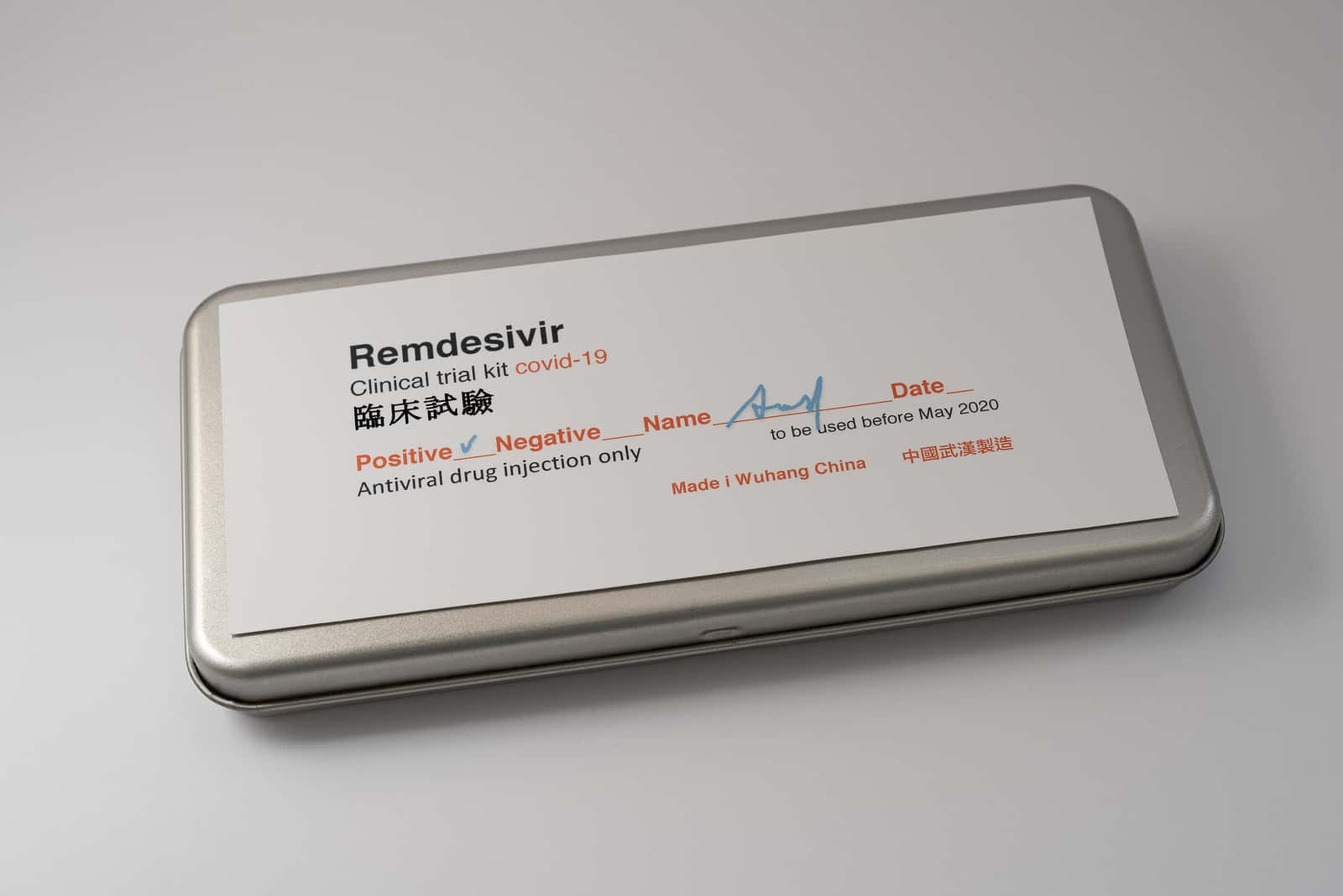
To date, there is no vaccine for COVID-19 and no drug has been approved for use to treat it. Now, though, there may be a glimmer of hope for an antiviral drug against COVID-19. The pharmaceutical company Gilead announced this week that in preliminary results, remdesivir shows promise.
What Makes Us Think Remdesivir Shows Promise?
Some investigators started testing remdesivir fairly early in the pandemic. The maker, Gilead, had developed it for use against Ebola virus. However, that epidemic faded before trials could be completed. In addition, its effectiveness in that situation did not look promising. Remdesivir has not been approved for any purpose at this point.
However, when the novel coronavirus SARS-CoV-2 appeared, the company realized their drug might possibly be helpful. Test tube studies had shown it could slow replication of other coronaviruses, such as SARS or MERS. As a result, Gilead made it available for a number of clinical trials. One of them has been designed and is being conducted by the National Institute for Allergy and Infectious Diseases, NIAID. The investigators expect the study to include 400 patients altogether.
The director of NIAID is Dr. Anthony Fauci, who has been intimately involved with the nation’s fight against COVID-19.
Dr. Fauci made an uncharacteristically optimistic statement indicating that remdesivir shows promise:
“The data shows that remdesivir has a clear-cut, significant, positive effect in diminishing the time to recovery.”
Apparently, the drug shortens time to hospital discharge by 31%. Patients taking remdesivir were also less likely to die than those on placebo, but the difference was not significant. Because of these hopeful findings, however, the FDA announced that it will issue an emergency use authorization for remdesivir in treating patients with COVID-19. Detailed data from the trial are not yet available.
Other Data Do Not Agree:
In contrast, results from a double-blind, placebo-controlled clinical trial conducted in 10 Chinese hospitals were published this week in The Lancet (April 29, 2020). They did not show any improvement attributable to remdesivir.
As two German pharmacologists point out in a recent review, more than 80 trials are underway on various medications to treat COVID-19 (Deutsches Artzteblatt International, March 27, 2020). As results become available over the next few months, physicians will have a much better idea which treatments are truly useful.
To learn more about remdesivir, you will want to listen to our interview with coronavirus hunter Ralph Baric, PhD. It will air on May 9, 2020.
Citations
- Wang Y et al, "Remdesivir in adults with severe COVID-19: A randomised, double-blind, placebo-controlled, multicentre trial." The Lancet, April 29, 2020. DOI:https://doi.org/10.1016/S0140-6736(20)31022-9
- Stahlmann R & Lode H, "Medication for COVID-19-an overview of approaches currently under study." Deutsches Artzteblatt International, March 27, 2020. DOI: 10.3238/arztebl.2020.0213

